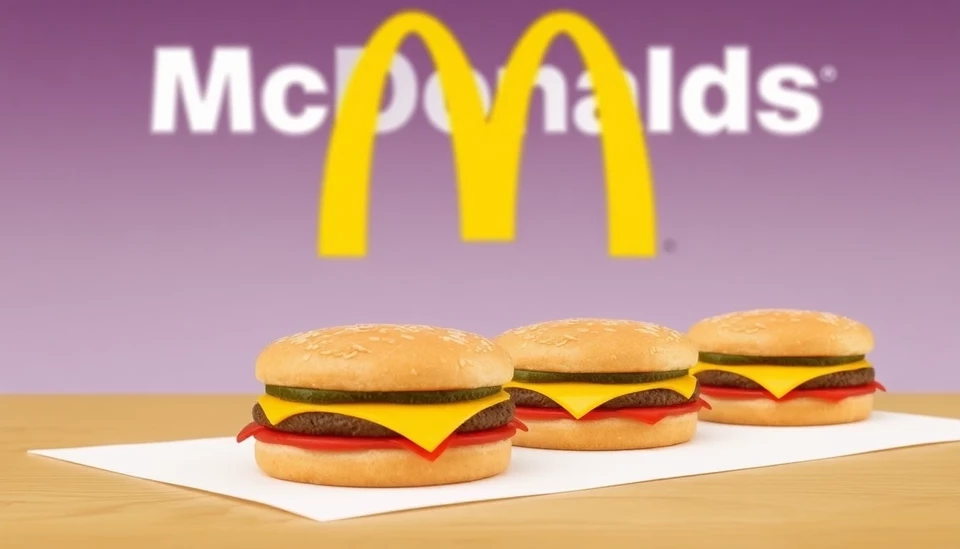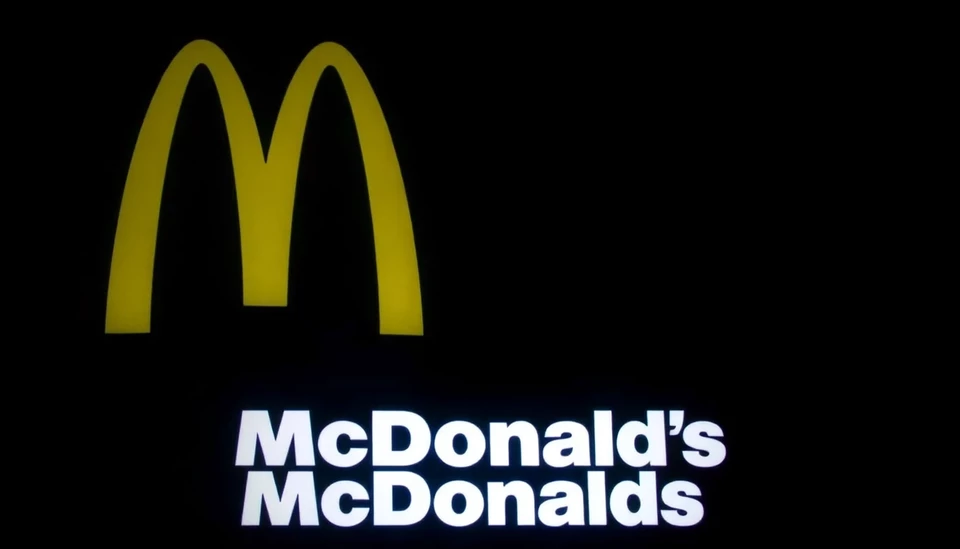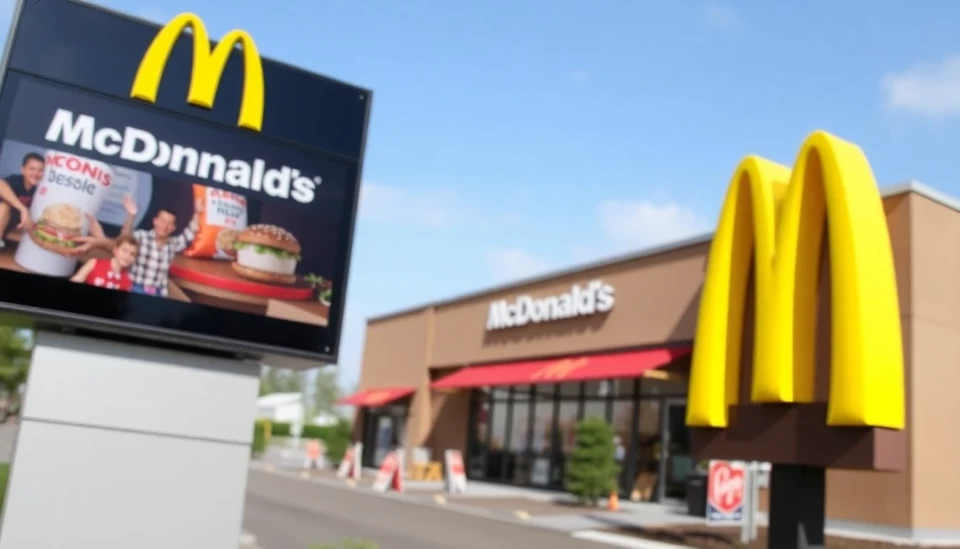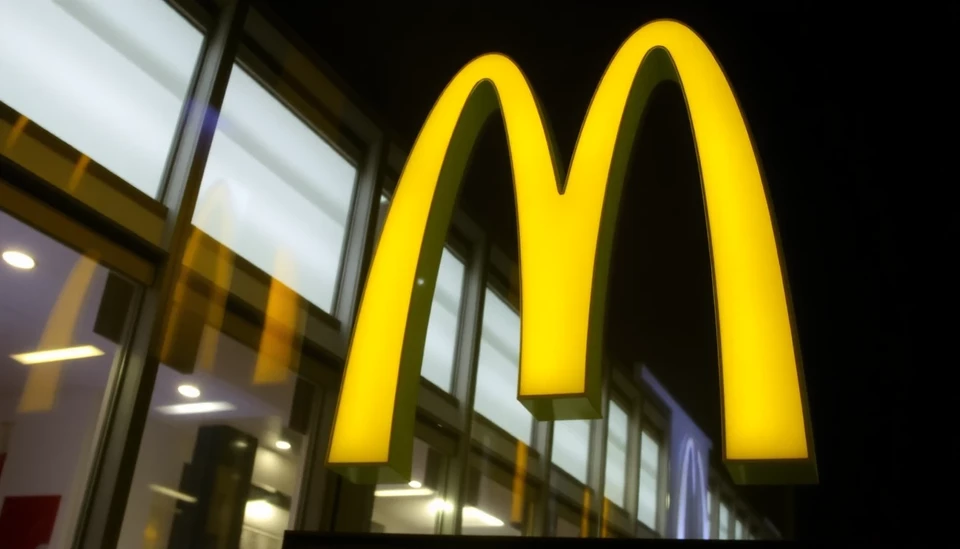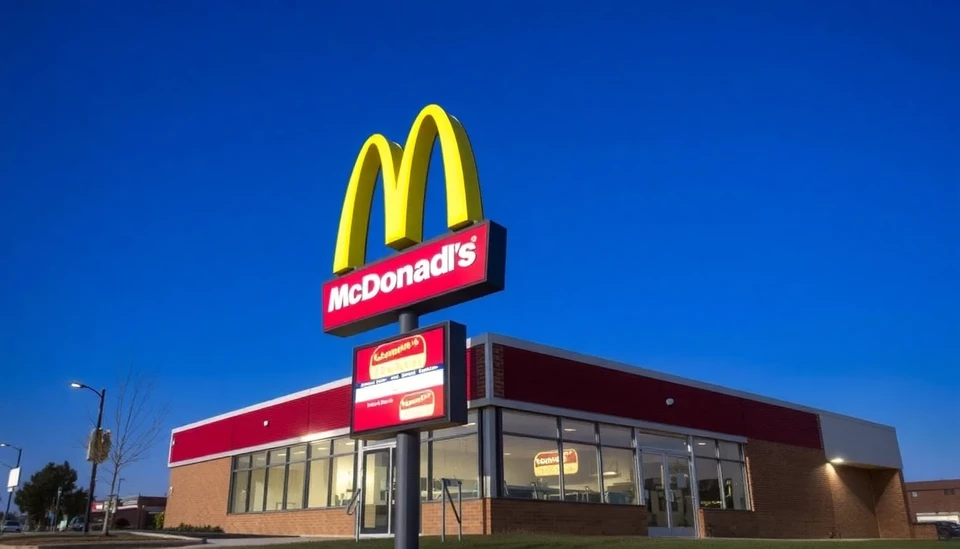
In a concerning development for fans of fast food, McDonald's has recently experienced a significant decline in sales following reports of an E. coli outbreak linked to their restaurants. This unforeseen crisis has prompted many to question the safety of dining at the iconic fast-food chain. While the situation continues to unfold, it has already had a notable impact on the company’s performance metrics, sparking dialogue across the industry about food safety practices in fast food establishments.
According to several reports, the outbreak has been traced back to specific McDonald's locations, resulting in alarming news stories that caught consumer attention. This has inevitably raised fears among patrons regarding the hygiene and safety standards maintained by the franchise. Following the outbreak, affected locations were temporarily closed for deep cleaning and to investigate the source of contamination, which has only fueled public concern.
Data from the company’s recent financial reports illustrate the fallout: McDonald's experienced a considerable drop in sales, particularly in areas most affected by the outbreak. Analysts attribute this dip not only to immediate health concerns but also to the long-term implications for the brand’s reputation. As customers reassess their dining choices amid fears of foodborne illnesses, many are now questioning whether it is still safe to eat at McDonald's.
The fast-food giant has responded by enhancing their food safety protocols, including more stringent inspections of suppliers and increased transparency about their food sourcing. In an official statement, McDonald's emphasized their commitment to food safety, promising consumers that they are taking proactive measures to ensure such incidents do not occur in the future.
Despite these assurances, consumer confidence has wavered. Polls conducted shortly after the outbreak showed that a significant portion of patrons are opting to dine elsewhere until they feel secure about the situation. Some analysts suggest that the company might need more than just improved safety measures; they may require a robust public relations campaign to rebuild trust among their customer base.
This E. coli incident serves as a crucial reminder of the potential risks associated with fast food restaurants, where the speed of service can sometimes compromise safety. As the situation unfolds, stakeholders continue to monitor the financial health of McDonald's, particularly as it navigates customer sentiment and competes with rivals who may capitalize on its current challenges.
In the coming weeks, industry experts will be closely watching how McDonald's addresses this crisis and whether their efforts can effectively restore consumer confidence. With food safety becoming a paramount concern in the fast-food sector, McDonald's actions could set precedents for other chains in the industry.
The question on every consumer’s mind is whether it is wise to return to the Golden Arches, and the answer may depend significantly on how the company handles the aftermath of this outbreak.
As we await further updates regarding this situation, customers are advised to be vigilant and make informed dining choices. The health and safety of consumers should always be a priority, and staying informed is key.
#McDonalds #EColiOutbreak #FastFoodSafety #ConsumerTrust #FoodborneIllness #HealthyDining #PublicHealth
Author: Victoria Adams
